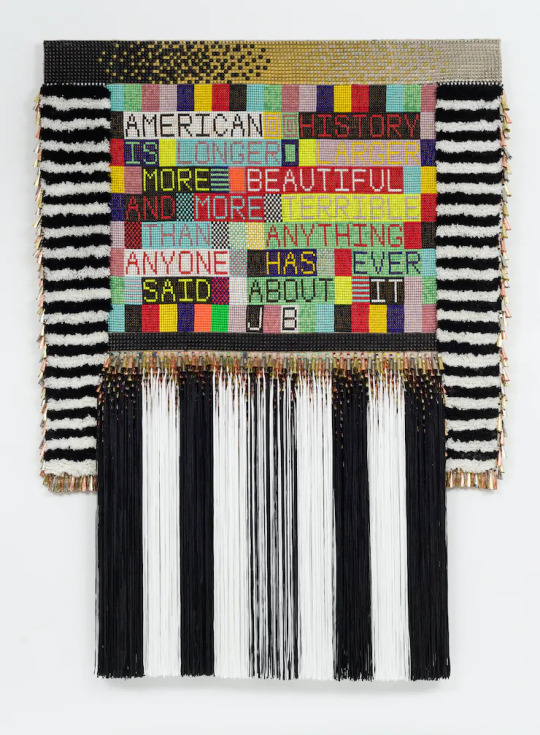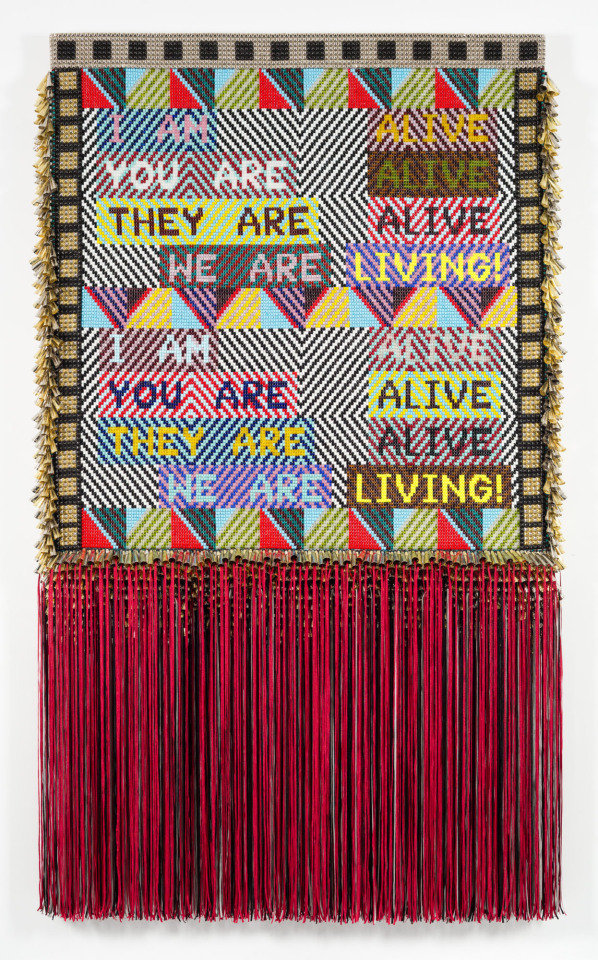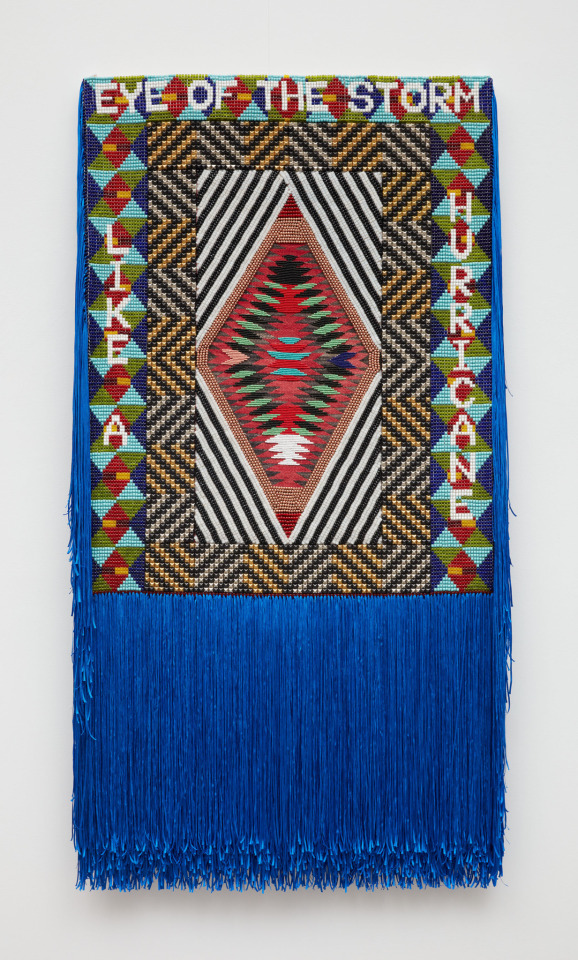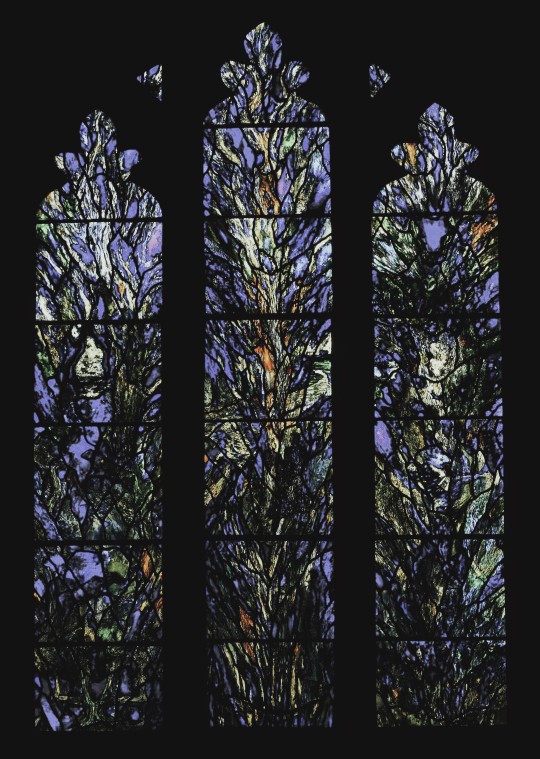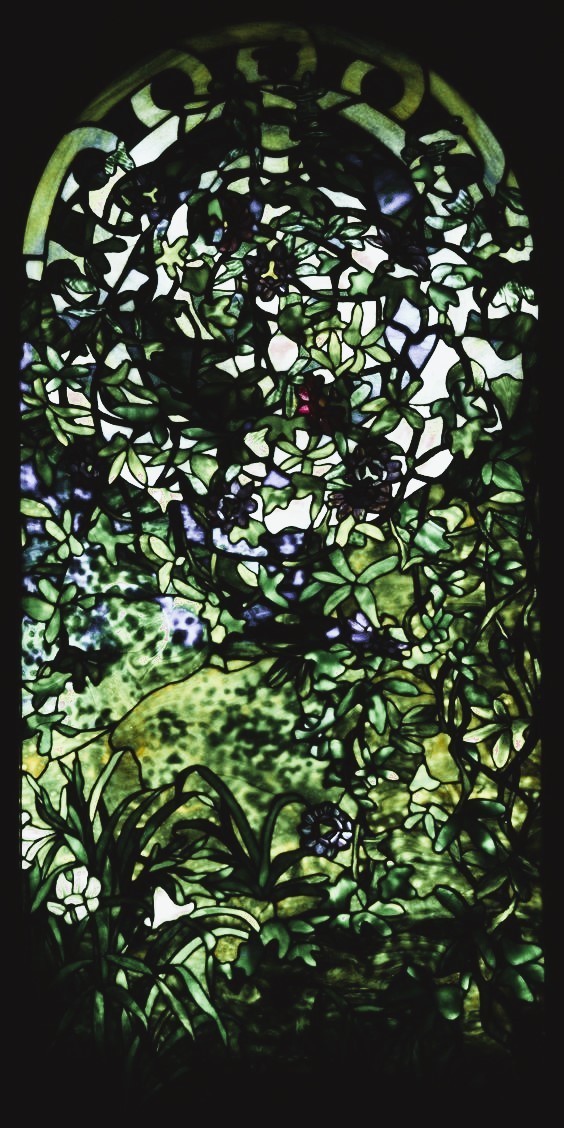Text
[Book Rec + Reaction/Thoughts] The Lantern and the Night Moths 灯与夜蛾 by Yilin Wang
An anthology of translated poems by five modern or contemporary poets and accompanying essays by the translator, @yilinwriter.
The cover art, a beautiful expression of the tone of this collection, is by Taiwanese artist Ciaoyin (check out her gorgeous insta!). I'm looking forward to the arrival of the physical book as my tab absolutely does not do it justice xD

Anyway! The official release date is 02 April 2024 though there have been some very thoughtful reviews by early readers already. Here, here and here.
(It was an ARC that I received too… though in the time it took to put this together, the ebooks have already gone out to readers >.< typical snail yj!)
Instead, I’ll tell you who I think would be be interested in this book or might benefit from reading it, then share things that are cool about it from the perspective of a bilingual hobbyist translator + lover of ancient poetry and lyrics.
Who should read it?
If annotations, translator’s notes and reflections spark joy for you...
If you’ve ever read poetry translations and been intensely curious about what goes on under the hood...
If you’re a translator yourself wanting to hear another voice...
Definitely check this out!
Also if you’re CN+EN bilingual and have ever read something in English that references Chinese terms and concepts etc. except ONLY in English, pinyin or wade-giles and been utterly frustrated by the ensuing guessing game (like me) Fear Not.
That will not be a problem here.
I really appreciate how Chinese words are used naturally where needed for concepts and quotes - they are also translated for those who can't read Chinese so no one is left out. It made this book of and about translation (and more) super comfortable to read! The solution is so simple, so direct, so rarely used that I am amused.
Oh, but do note that the Chinese characters are in simplified though!
The poems are organised by their writers who are listed here by order of birth year, not appearance in the book:
秋瑾 (Qiu Jin, 1875 to 1907)
废名 (Fei Ming. 1901 to 1967)
戴望舒 (Dai Wangshu, 1905 to 1950)
小西 (Xiao Xi, 1974 to _)
张巧慧 (Zhang Qiaohui, 1978 to _)
Altogether, that covers nearly the last 150 years up to now. I’ve never really been into poetry by poets in such relatively recent times, in part because I’d been holding on to this stereotype of them spurning Classical Chinese and ancient poetry in the first half of the 20th century (not entirely true, as I came to realise xD). It made sense and was understandable, but felt sad.
Yet am I the target audience for this book?
Very much so.
In ways I didn’t think I would be too! It was so much fun to experience this both as a reader and a translator that I thought I’d share it here, where we are appreciating Chinese poetry together.
If you didn’t think you’d enjoy modern Chinese poetry, hey, give it a chance!
Oh yeah - on the way home a while back, I was talking to a friend about translation and was surprised to hear that her impression was that it ought to be a straightforward process. Like isn’t it a 1:1 conversion? At some point, ‘what’s the difference between something google translate might return, and how you would say it?’ was asked, and oh that was a delightful question to my ears! I showed her one of my comparison sheets where an original text is laid out alongside multiple translations line-by-line, briefly explaining some common and unique choices and how the people who had translated those probably arrived at the various interpretations. She was pretty amazed to see that the answer to her question was: very different. Hey, it’s a complicated process!
But there’s only so much one can explain in the space of a train ride. That’s why The Lantern and the Night Moths is a book I would also rec to someone like this friend of mine - open minded and curious but never having the chance to think about or encounter the craft of translation.
Like Yilin says, ‘the meaning of a word cannot be fully expressed in one single translation, nor through a series of translation attempts’. She then explains why with great attention to detail and some solid examples from one of the poems with word choices loaded with subtle connotations :D
What's interesting about it?
Okay, for one, Yilin shared a playlist of music that she listened to while working on this book. Here is the link to the spotify one and the one on youtube. Check them out! They sure put me in the mood to read xD (favs: 别知己, 小神仙 & 去有風的地方) Afterwards, this made so much sense like - ah! an audio moodboard.
She's also putting together these adorable mini profiles of each poet along with a cmedia and tea rec to match their vibes. Check them out on her instagram xD
Now to business...
structure
What really helped keep the reader’s focus was the way each section is organized, how the poems and accompanying essay were presented and finally the short bio of each person right at the end.
The poets are first introduced through five or six of their poems. These works are well chosen. Their voices distinct through the vision, ambition and emotion of their words, are brought across by Yilin’s sensitive, thoughtful and poetic translations into English. These translations were also creative and transformative in a way that made so much sense after reading one of her reflections on the process, how she ‘must guide it with gentle hands to ensure its spirit is kept alive and intact during this transformative, and often excruciating process’. A rebirth into another language!
Personally, I’ve come to think of reading translations as looking at a work through another’s eyes. So it’s delightful when the translator’s presence is discernible, and even more so when the reader is given insight into their intention and process via commentary.
Yilin’s essays coupled with the poets’ bios at the end provide a means to go back and appreciate their works in context of their circumstance and inspirations. Similarly, to read the translations with a changed perspective.
I don’t know how much of a thing this is with translated poetry anthologies in English - can count the number I’ve read with both hands lol, and they’re all of the ancient chinese poetry variety - but I really like this design.
drawing on poets who came before them
Remember how we’re always recognizing traces of inspiration from ancient works (to them) in poetry of the various dynasties? 李商隐 Li Shangyin of Tang for example, was influenced by 楚辞 Verses of Chu and folklore and mythology such as that in 山海经 Classic of Mountains and Seas, 李白 Li Bai frequently references poets and history of the 魏晋 Wei-Jin era, and 王维 Wang Wei was clearly familiar with Buddhist scriptures which were translations themselves!
Just like the late Táng poets whom he praised for boldly deviating from the voices before them, Fei Ming used popular references and tropey shorthands ‘in contexts utterly different from the original, reimagining them anew’. Dai Wangshu, too, ‘boldly re-envisioned what modern poetry could look like by revisiting the classics’. In fact, in his very relatable ‘To Answer the Visitor with Classical Imagery’, I see Li Bai’s 春夜宴桃李园序, Qu Yuan’s 离骚 and lots of - as the title says - classical imagery, as if pulling out painting after painting to describe a feeling.
And it’s Dai Wangshu’s faith in the translatability of poetry, that ‘poetry isn’t what is lost in translation, but rather, what survives it’ reminds me of what a friend, @xiakeponz, said that I agree with so much - because readers can ‘experience something in their own individual way through (your) shared humanity rather than language alone’.
Qiu Jin
So many FEELINGS about what Qiu Jin was doing - ‘I awaken the spirits of women, hundreds of flowers, abloom’. I would love if she could see the world now. So many things for her to rouse and fight against, but at the same time just as many to be proud of. I am so in awe of her, but now hearing her loneliness and struggle there is a soft spot in my heart for those too.
conclusion
So so so…
Qiu Jin’s admirable fire and lonely resolve. Zhang Qiaohui’s precious ability to express beauty in the mundane and in pain. Fei Ming’s utter delight! He is having so much fun and when* I’m vibing, I feel it too. Xiao Xi’s critical eye and keen observation of the world. Dai Wangshu’s whimsical charm and passion for translation. Finally, Yilin Wang, the connecting thread wound through them all, bringing them together so that we may be acquainted.
*Reading his poetry is like unwrapping a seamless, many layered present. A gift that keeps giving - if only you have a key 😅 Fortunately, Yilin has halved our struggle 🤣
I’ve had such a great time with them all. And if you come, I hope you will too!
#ah i have this book#the authors translations also got stolen by the british museum for an exhibit last year#it was nasty business#books
29 notes
·
View notes
Text
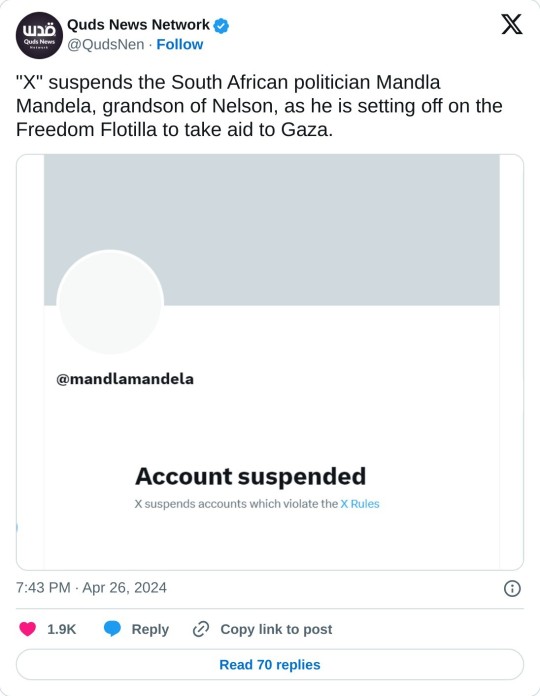
You can take the apartheid out of South Africa but you can never take it out of a white South African
15K notes
·
View notes
Photo
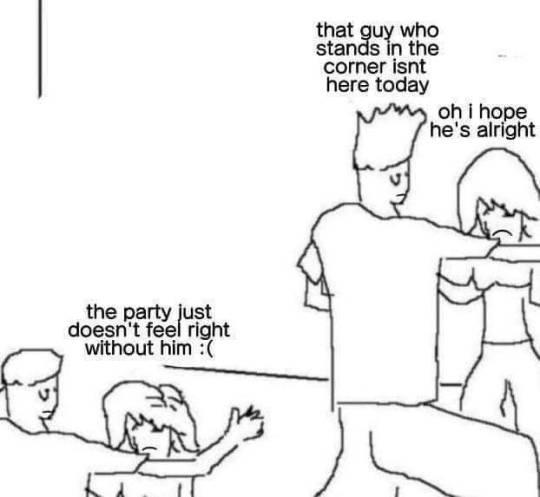
your friends love you, your brain is just mean
171K notes
·
View notes
Text
chinese art compliments/replies
as a follow up to my post on online drawing vocab, here is a collection of comments you can use to compliment others' art :-)
the basics
喜欢 [xǐhuān] - i like it
好好看 [hǎohǎo kàn] - looks good
厉害 [lìhài] - amazing
好漂亮/帥/美 [piàoliang/shuài/měi] - so pretty/handsome/beautiful
太有才了 [tài yǒu cáile] - so talented
(similarily, 画画天才 => drawing genius)
好神 [hǎo shén] - godly
神迹 [shén jī] - miraculous
仙品 [xiān pǐn] - high-quality product
好鮮活 [xiān huó] - vivid/lifelike
it’s cute
可爱晕了 [kě'ài yūnle] - so cute i fainted
可爱死了 [kě'ài sǐle] - so cute I died
可爱鼠了 [kě'ài shǔle] - so cute I died (in a cutesy/meme way)
卡瓦 [kǎ wǎ] - kawaii
好米 [hǎo mǐ] - so cute/beautiful
太萌了 [tài méngle] - so adorable (originating from japanese word moe - 萌え, lots of different meanings, but mostly refers to happiness you feel when you see something really cute), can be used like 萌到我了/被萌晕/心被萌化了
basically any XX死了/XX暈了/XX炸了 comment works
expletives
我去 [wǒ qù] - damn
卧槽/我草/wc [wò cāo] - censored vers of 我操 => oh fuck
牛逼 [niú bī] - (fucking) awesome, usually just use 牛
exclamatives
哇/哇塞 [wasāi] - wow
啊啊啊啊 - aaaaaa
哇啊啊啊 - wahhhh
responding to compliments
被老師跨了,能力暴增 [kuà...bào zēng] - (if responding to commenter who's also an artist) compliments from teacher make my ability surge
爱您主人 - love u op (主人 refers to original commenter), can also just use 愛你
嘿嘿谢谢喜欢 - hehe ty for liking
比心 [bǐ xīn]- finger heart
送愛 [sòng ài] - sending love
亲亲 [qīn qīn] - kiss kiss
questions
可以当头像吗 [tóuxiàng] - can I make it my pfp
可以自印吗 [zì yìn] - can I print it out
可以收集吗 [shōují] - can I save it
求原图 [qiú yuán tú] - original image pls
这么时候接稿 [jiē gǎo]- when will you open commissions
misc.
抱走/拿走 [bào/ná zǒu] - carrying/taking it away
蹲蹲 [dūn dūn] - if someone has posted a WIP, waiting (for the finished piece/shop listing), direct trans. = squatting
344 notes
·
View notes
Text




Messages of support and strength from Rafah, Palestine to the US student movement.
11K notes
·
View notes
Text
i hate being an adult because no matter how hard you try your house is never ever ever ever ever clean
28K notes
·
View notes
Text

History of Step
What is Stepping?
What is Step?
Stepping or step dancing is “a percussive dance in which the participant’s body is used to produce complex rhythms and sounds through a mixture of footsteps, spoken word, and hand-claps,” writes the African American Registry.
Step has its origins in Africa, as dancing has been a large part of traditional African culture for centuries.
Calling Step a "bizarre silent dance without music" has to be one of the wilder antiblack racist descriptions I've ever heard of stepping lmao. Anyway if you see the video, it's step!!! They're stepping!! It's a Black American form of dance!!
12K notes
·
View notes
Text
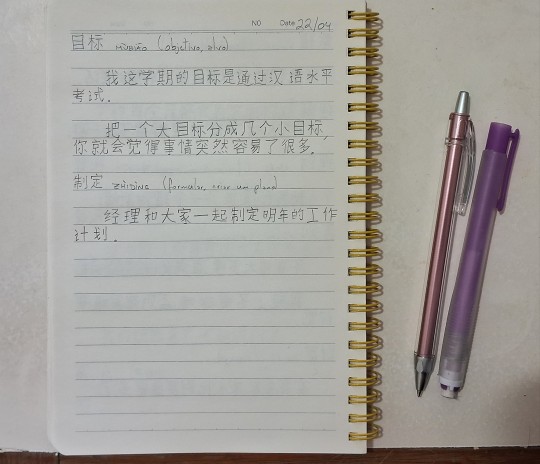
Some vocabukary from the last lesson from level 6 (HSK4) in SuperChinese
29 notes
·
View notes
Note
What do you think would be a more apt translation of YOLO in chinese? 活得瀟灑?抓住生命的機會?
Too keep it short, 只此一生 is one that I’ve heard that seems about right. Direct translation: “this is the only life”
112 notes
·
View notes
Text
My spring 2024 cdrama/cmovie/cvariety updates

I can't believe it's already been over 6 months since my last watching updates post! I've been watching more movies, and I'll also mention a couple variety shows, so it's not just cdramas.
Shows/series:
Some of these were mentioned as “currently watching” in my previous post.
《不良执念清除师》 Oh No! Here Comes Trouble
A young man learns to use his supernatural calligraphy powers to help strange beings, with help from his frenemy and a young police officer. This show was like a breath of fresh air and very humorous. That being said, it was difficult to follow all the storylines. If you're going to watch it, I think you should binge it if possible.
Content warning: Death, gore
《此时此刻》 At the Moment
An anthology of quirky pandemic love stories, not all with happy endings. It's kind of like Love Actually in that the characters are connected across stories. Initially I didn't plan to watch because of the pandemic through line—I thought it would bum me out. But it didn't, actually. My favorite episode was Head of the Family.
Content warning: Unhealthy relationships, sex and nudity
《隐秘的角落》 The Bad Kids
Three kids accidentally film a murder and try to blackmail the killer, resulting in devastating consequences. I felt the first half of this show was more captivating than the second half—the second half went a bit overboard IMO. Apparently the original novel is way darker so…! But I still recommend it wholeheartedly.
Content warning: Death and violence (but not graphic)
《沉默的真相》 The Long Night
The murder of a disgraced prosecutor seems like an open-and-shut case, but his past reveals a much more complicated story. This show masterfully weaves together three different timelines. I was so confused after the first episode, but it all made sense in the end. I don't recommend binge watching it—I regretted doing so.
Content warning: Violence, death, sexual assault
《双镜》 Couple of Mirrors
A young woman's personal and professional lives are turned upside down, and she befriends a mysterious woman with a dark past. You have to suspend your disbelief to enjoy this show. There was a ridiculous number of car accidents! It's a GL drama, but if I hadn't know that, I don't think I would have noticed until the end.
Content warning: Death, violence
Variety/reality:
《披荆斩棘的���哥》 Call Me by Fire
In the past I didn't include variety shows, but this time I thought why not? I finally finished all 3 seasons of this show, the male spinoff of 《乘风破浪的姐姐》 Sisters Who Make Waves. It's similar to an idol survival show, but instead of trainees, the contestants are established celebrities. The sets are always amazing, and I might have enjoyed this show more than 《乘风破浪》 honestly!
Movies:
《家庭简史》 Brief History of a Family
The description of this movie sounded dull, but I ended up enjoying it a lot! I've seen reviews compare it to Parasite and Saltburn. There is definitely some similarity–it's about a well-off family that takes in a mysterious, quiet boy–but the takeaway of this film is very different. It leaves a lot of room for ambiguity.
《流浪地球》 The Wandering Earth
After being on my watchlist for years, I finally got around to seeing this movie. I knew the basic premise: humanity bands together to move Earth away from the expanding sun. I wasn't expecting that it would focus on one family, which gave the movie a more personal feel. I enjoyed it despite not being a huge sci-fi person.
Content warning: Death
《美国女孩》 American Girl
A family moves back to Taiwan for their mother's cancer treatment after several years in the US, and the eldest daughter struggles to adapt. It's set during the SARS outbreak, but I don't remember that being very prominent. This movie was quite bleak and bummed me out. And I found the ending rather abrupt. It wasn't for me I think.
Content warning: Illness, disease outbreak
《你好,李焕英》 Hi, Mom
This movie was super popular when it came out. It's about a woman who gets transported back in time and meets her mother (who is young and childless at this point). At first I was confused about where the movie was going—it didn't seem to be building to much. But it had a heartwarming and touching ending.
Content warning: Death
《周处除三害》 The Pig, The Snake and The Pigeon
After seeing a lot of buzz about this movie online, I had to check it out. It follows a terminally ill hitman who learns he is the third most wanted criminal in Taiwan and decides to kill the two criminals ranking above him. Despite this, the main character is actually pretty likable. I enjoyed the movie despite the violence.
Content warning: Excessive violence, death, sexual assault
Currently watching:
《火星情报局》 Mars Intelligence Agency
This is a variety show. The cast consists of celebrities who take turns telling funny stories and making jokes. I started watching because my favorite singer 薛之谦 is a cast member. I was unsure about the concept at first, but honestly it's really entertaining!
《摩天大楼》 A Murderous Affair in Horizon Tower
I finally started this show, which has been on my watchlist for a while. I'm only 2 episodes in—so far it's mostly been about the past of the titular murder victim. I'm not yet sure what direction the show will go in, but I'm excited to find out.
Abandoning:
《你的孩子不是你的孩子》 On Children
I got through 3 out of 5 episodes before abandoning this show. Each episode is the length of a movie, so they drag on. But I totally understand why episode 2, Child of the Cat, was nominated for and won so many awards. The acting was really strong.
《汉化日记》 God Troubles Me
I wanted to try watching a 动画, but after a few episodes, I wasn't feeling this one. Each episode is quite short, so it's an easy watch. I think it just wasn't for me.
On my watchlist:
《漫长的季节》 The Long Season
《尘封十三载》 Thirteen Years of Dust
I'm trying to be better about content warnings. But please note, I only included them for things I finished watching, not things I'm currently watching or abandoning.
35 notes
·
View notes



